Life
-
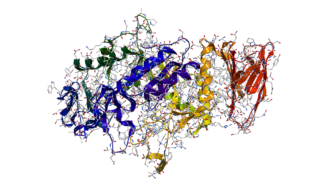 Life
LifeScientists Say: Enzyme
This word describes a molecule that speeds up chemical reactions in living things. Enzymes work by lowering the energy needed for a reaction to occur.
-
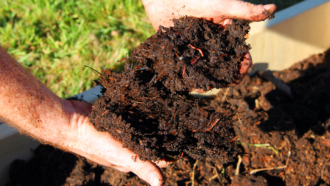 Environment
EnvironmentGreener than burial? Turning human bodies into worm food
Composting human bodies yielded good results — and good soil — in one small study. It could become an alternative to burial or cremation in one state.
-
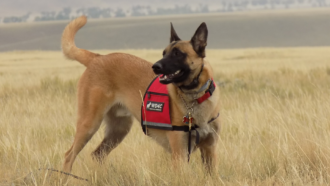 Animals
AnimalsConservation is going to the dogs
Scientists are now training dogs to help track rare, elusive — and sometimes invasive — plants and animals.
-
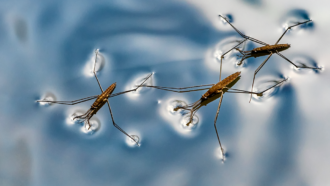 Physics
PhysicsTry This: Walking on water with science
Water striders walk on water. How do they do it? They spread out. This experiment will show you how it works.
-
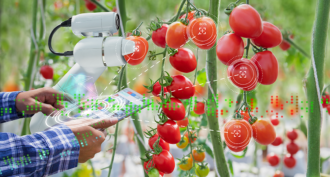 Plants
PlantsLet’s learn about the future of food
Technology and a warming world will change what you eat and how it gets to your plate.
-
 Earth
EarthDesert trails and microbial life excite this soil scientist
To help her desert community, Lydia Jennings focuses her research on how mining affects soil microbes.
-
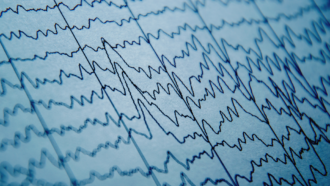 Brain
BrainScientists Say: Brainwaves
These patterns of electrical activity in the brain look like spikes or waves.
-
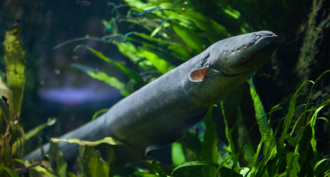 Animals
AnimalsLet’s learn about electric eels
Learn about where an electric eel’s powerful jolt comes from and more with this collection of stories.
-
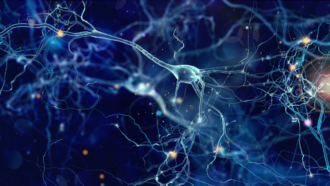 Brain
BrainZapping the brain may make it work right again
Sending electrical zaps to electrodes implanted deep in the brain can help people with Parkinson’s disease, depression and even obsessive-compulsive disorder.
-
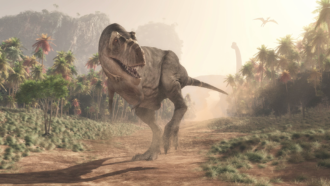 Fossils
FossilsLet’s learn about dinosaur extinction
Dinosaurs disappeared 66 million years ago, at the end of the Cretaceous. What made them go extinct?
-
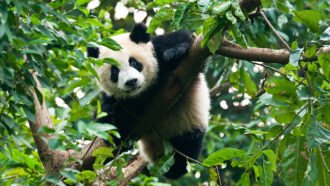 Animals
AnimalsPandas use their heads as a kind of extra limb for climbing
Their short legs on a stout bear body mean pandas use a rare technique to climb up a tree.
By Susan Milius -
 Environment
EnvironmentDecades-long project is linking our health to the environment
Started in 1959, this California study is one of the oldest ongoing research projects in the world.